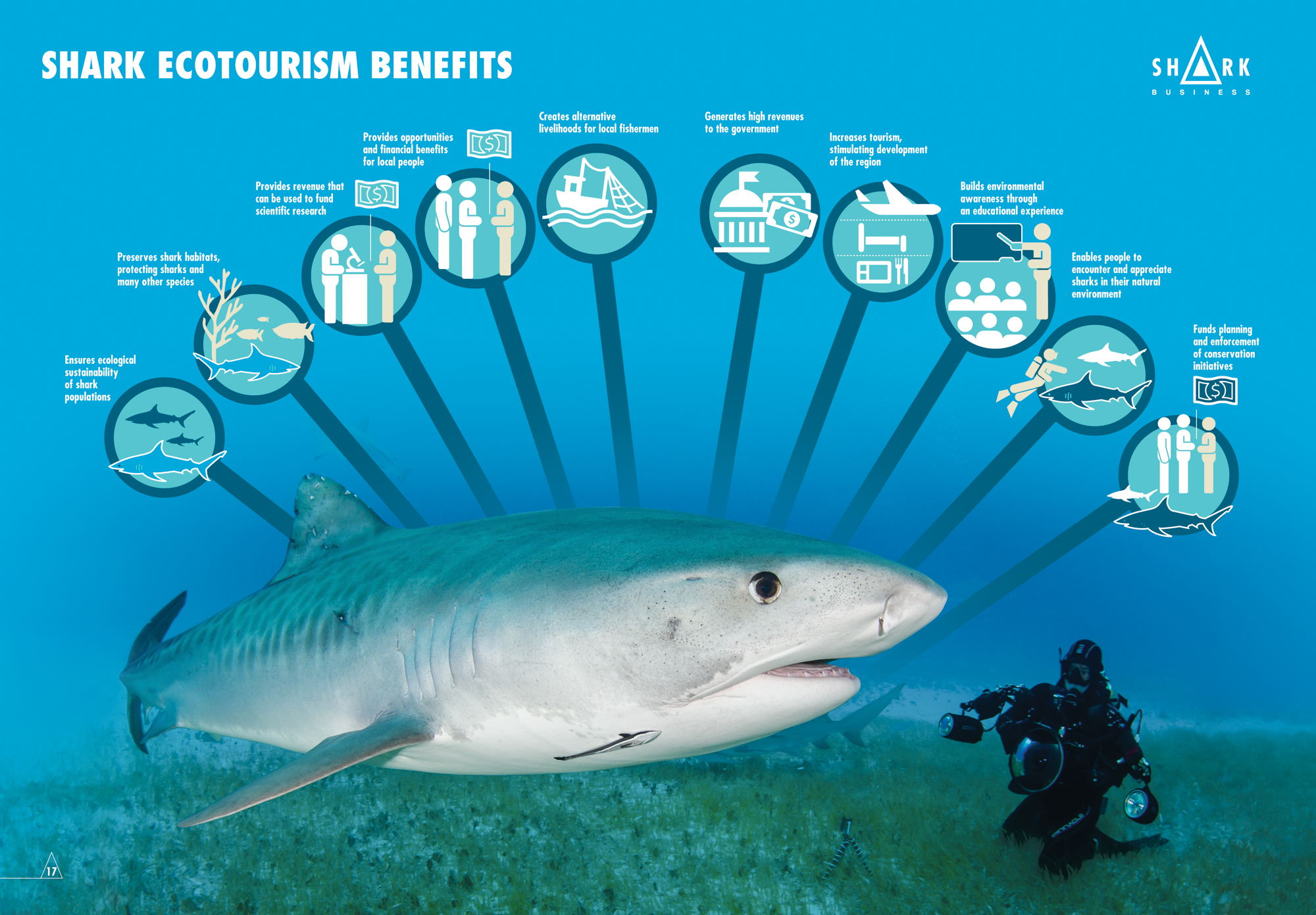The Benefits of Shark Ecotourism
When one considers the vastness of the open ocean it is clear why marine life is so difficult to protect. Although creating marine protected areas is undoubtably a step in the right direction, it does not necessarily mean that sharks will be safe at all times. Many endangered species migrate long distances and do not spend all of their lives in one location. While it may be safe for the sharks inside sanctuaries such as the Bahamas, they can still be caught easily outside of that area.
The truth is, as long as fishing fleets continue to make millions of dollars selling shark products and are largely unchallenged in doing so, sharks will remain in trouble. The only way conservationists can look to solve this problem is to fight for international agreements between countries to guarantee the sustainability of all their natural resources. This is obviously a huge challenge and while it may be effective in the long term, we may not have that much time.
Even when researchers discover ecological important areas and persuade the authorities to protect them with a proper legislative framework, laws are very difficult to enforce at sea. It is normally easy for fishermen to bypass these protections and continue to catch sharks.
There is also little incentive for local communities to protect shark populations and their habitat. While it is relatively easy to educate people of the ecological importance of sharks, this often has little impact on their behaviour. Most of the world understands that shark species are declining at an unsustainable rate yet this does not give them an incentive to stop fishing sharks. They consider the ocean as a shared resource and believe their actions will make no difference, a phenomenon commonly know as ‘the tragedy of the commons’.

So how can shark tourism help?
Many individuals and organisations are working to stop the rapid decline in shark populations worldwide but few of them focus on what we think is the most important principle: Making shark conservation financially profitable.
The shark tourism industry continues to grow every year and generates millions of dollars in revenue around the world. In conservation terms the benefits are clear, nations will begin to protect sharks because it is in their financial interest to do so. Living sharks generate much more income than dead ones!
What we hope to achieve with our project is to identify important ecological areas for sharks that are in danger and introduce responsible shark diving activities to help shark populations recover. We will assist the government with enforcement and also plan to invest a percentage of our profits to finance scientific research and learn more about shark populations in the area.
By creating a successful business model that can be reproduced in other destinations we believe that we can make a genuine contribution to shark conservation.




